Virgin Coconut Oil: Benefits, Uses, And Side Effects
Sauces, smoothies, cakes, ice creams- virgin coconut oil can do it all!
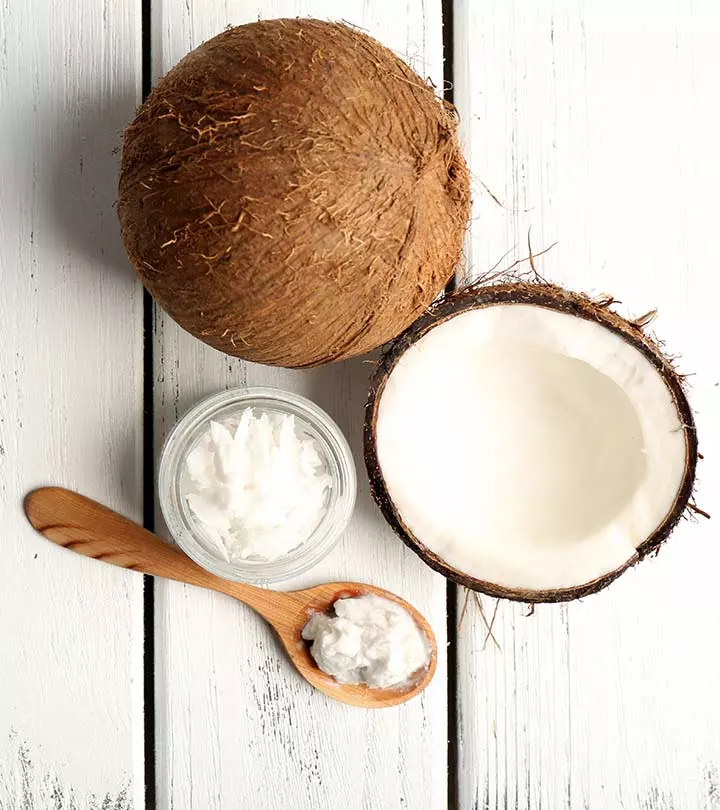
Image: Shutterstock
Virgin coconut oil benefits are not limited to treating hair and skin problems. Coconut oil is an essential component of many homemade cosmetics and recipes.
Fortunately, people are becoming more interested in this oil’s unrefined, unprocessed variety. Unprocessed coconut oil is called ‘virgin’ or ‘extra virgin’ oils. Virgin coconut oil comes from freshly harvested coconut meat. The micronutrients are retained, and there are numerous benefits (1).
This article discusses the benefits of virgin coconut oil, its nutritional profile, how to use it, and any potential side effects. Take a look.
Note: Extra virgin and virgin coconut oils have the same composition. Therefore, these terms are also legally interchangeable.
 Know Your Ingredient: Virgin Coconut Oil
Know Your Ingredient: Virgin Coconut OilWhat Is It?
The unprocessed, unrefined oil obtained from fresh coconut meat.
What Are Its Benefits?
Good for skin health, weight loss, hair growth, dental health, and fungal infections, and has anti-carcinogenic properties.
Who Can Use It?
Safe for consumption for everyone with no coconut allergy.
How Often?
A tablespoon of the oil can be consumed per day.
Caution
Excess consumption may lead to digestive issues and might interfere with certain medications. Some individuals might suffer an allergic reaction.
In This Article
What Is (Extra) Virgin Coconut Oil?
Extra Virgin Coconut Oil is obtained from the fresh meat of mature coconut kernels.
This oil is extracted either by mechanical or natural processes (1), (2). As the coconut meat is untreated and raw, the oil thus obtained is termed as ‘virgin’ coconut oil.
Virgin coconut oil extraction process may/may not require heating. But it does not involve any chemical processing whatsoever. A machine presses fresh coconut meat to yield milk and oil, and this process is called cold pressing (1), (2).
The milk is separated from the oil by various biophysical techniques. The remaining oil has a high smoke point (about 350°F). This virgin coconut oil can be used for sautéing or baking, but it might not be appropriate for deep-frying or high-heat cooking (1).
 Trivia
TriviaVirgin coconut oil is not just another cooking oil variety. There is more to it.
What Is Special About Virgin Coconut Oil?
Since there is minimal processing or heating involved, virgin coconut oil retains most of its nutritional components. It is rich in unsaturated fatty acids and has zero cholesterol.
Above all, virgin coconut oil retains its antioxidant properties – a reason it is gaining importance in the fields of science and wellness.
Recent studies state that it is more effective than refined, bleached, and deodorized (RBD) coconut oil in lowering LDL and cholesterol levels.
The cholesterol-lowering properties of virgin coconut oil, in turn, protect your heart, brain, liver, kidneys, and other vital organs.
 Trivia
TriviaWant to know how?
Jump to the section below.
Virgin Coconut Oil Vs. Regular/Refined Coconut Oil
If fresh, ‘wet’ meat from the coconut kernels is used to extract the oil, the product is ‘virgin’ coconut oil.
If fresh coconut meat is dried with quick heating, it will harden to give you the ‘copra’ (or dried coconut). This copra is machine-pressed to extract the oil. The obtained refined oil is steamed or heated to deodorize the oil.
Finally, it is “bleached” by filtering through clay to remove any impurities and pathogens. This final product would be ‘refined’ coconut oil.
Virgin coconut oil is healthier than its refined variant. However, the former could be less heat stable than the latter.
That’s because refined oil has added chemical solvents (like hexane) that increase its smoke point (to 400-450°F). These solvents, if used regularly, can cause harm.
Coconut oil benefits your overall health in several ways. Check out all the advantages of using virgin coconut oil in the next section.
What Are The Benefits Of Virgin Coconut Oil?
Virgin (or extra virgin) coconut oil has excellent moisturizing and antioxidant properties.
It can be used to manage skin issues, microbial infection, and boost immunity.
1. Repairs Your Skin
Coconut oil has almost all the properties of a perfect skin care solution and is considered a must-have product to add to your beauty regimen. It is an antioxidant, antimicrobial, anti-inflammatory, and vulnerary (wound healing) agent. This oil can be used to treat chronic skin disorders like eczema and atopic dermatitisi A chronic disorder characterized by dry, inflammatory, and itchy areas of skin. (4).
Its fatty acid nutrition profile includes lauric acid (49%), myristic acid (18%), palmitic acid (8%), caprylic acid (8%), capric acid (7%), oleic acid (6%), linoleic acid (2%), and stearic acid (2%). These penetrate effectively through multiple skin layers (4).
Applying the oil topically can improve your skin’s barrier function and offer UV protection.
Virgin coconut oil inhibits the production of pro-inflammatory compounds and helps heal wounds and scars (5).
2. Aids Weight Loss
Most oils have long-chain fatty acids that increase blood cholesterol levels. These fatty acids are difficult to be broken and cannot assimilate easily in your bloodstream. Using oils that contain short-chain or medium-chain fatty acids can prevent hypercholesterolemia (high blood cholesterol levels) (6).
Virgin or regular coconut oil contains medium-chain and long-chain fatty acids. Medium-chain fatty acids don’t raise blood cholesterol as much as long-chain fatty acids do. They also are not stored in your body’s fat tissue (6), (7).
Research also proves that those following a diet rich in medium-chain fatty acids lose more weight than those on a diet consisting of short-chain fatty acids. Hence, incorporating oils like virgin coconut oil in cooking may have positive effects on weight loss (7).
This graph from a study on the health benefits of coconut that was published in the Journal of Cardiovascular Development and Disease represents the fatty acid composition of virgin coconut oil as compared to other food sources. It primarily contains saturated fatty acids. Replacing the fat with vegetable fats appears to be more beneficial than replacing them with simple carbohydrates.

Fatty Acid Composition Of Virgin Coconut Oil Compared To Other Food Sources
Source: Fatty acid composition of virgin coconut oil compared to other food sources3. Promotes Healthy Hair Growth
Applying coconut oil to hair has shown to reduce protein loss. Compared to sunflower oil and mineral oil, coconut oil penetrates better into the hair shaft. Mineral oil cannot chemically interact with proteins to trap/conserve them (8).
Whereas, coconut oil has lauric acid as its principal fatty acid. Lauric acid interacts better with hair proteins. Hence, using coconut oil on damaged or undamaged hair, or during pre-wash or post-wash gives the best results (8), (9).
Such oils reduce the formation of split ends in your hair. They can fill the gap between hair cells and protect them from harsh chemical damage (9).
Doro Cubillo, a YouTuber, applied coconut oil to her hair and kept it overnight. She gave tips on applying coconut oil and discussed the benefits of the same. The next day she washed her hair and showcased the results, and said, “My hair is shining like a diamond, it’s extremely soft, and it looks and feels silky (i).”
4. Protects From Dental Caries
Virgin coconut oil has broad-spectrum antimicrobial activity. Most of the bacteria causing dental caries are susceptible to this oil (10). This is why it is commonly used in oil pulling.
Gargling/swishing coconut oil in your mouth can help get rid of dental plaque and gingivitisi A condition affecting the gum around the base of the teeth, causing inflammation and swelling. . It can eliminate Escherichia vulneris, Enterobacter spp., Helicobacter pylori, Staphylococcus aureus, and fungal species, including Candida albicans, C. glabrata, C. parapsilosis, C. stellatoidea, and C. kruse (11).
Lauric acid is the chief active component in coconut oil. Research points out that lauric acid has anti-inflammatory and antimicrobial activities. These properties of active components make virgin coconut oil a cheap and safe dental care aid (10), (11).
5. Manages Fungal Infections
Women are more prone to yeast infection or candidiasis. Men can develop balanitis – a yeast infection that weakens the immune system. It might also be caused due to diabetes and obesity (12).
Traditional Chinese medicine prescribes a diet rich in virgin coconut oil to manage fungal infections. Several fungal species are susceptible to virgin coconut oil. This oil was found to be 100% active against Candida species of fungi in laboratory experiments (13).
Lauric acid and its derivative, monolaurin, alter the microbial cell walls. Monolaurin can penetrate the cells and disrupt the membranes. The anti-inflammatory activity of this oil reduces the severity of fungal infections (13).
6. Might Reduce Cancer Risk
Medium-chain fatty acids are essential for individuals with low (suppressed) immunity. Virgin coconut oil is one of the best dietary sources of these fats. Compared to other oils or butter, it was found to have better protective activity against breast and colon cancers (14).
Often, those undergoing chemotherapy feel weak with low or no appetite. Adding this oil to their diet can boost their nutritional status, energy, and metabolism, thanks to the lauric acid (14), (15).
Coconut oil administration showed anti-proliferativei Tending to restrict cell growth, particularly malignant cell expansion into the surrounding tissue. effects on colon and breast tumors in rat studies. But, it can increase serum cholesterol levels. Researchers claim that higher cholesterol levels can have protective effects against tumor development in animals (15), (16).
In addition, much anecdotal evidence suggests that virgin coconut oil may help improve digestion.
In short, consuming virgin coconut oil is beneficial to your overall health.
Here is its nutritional profile-
| Nutritional Profile of Virgin Coconut Oil | |||
|---|---|---|---|
| Nutrient | Unit | 1 TBSP or 14.0g | |
| Proximates | |||
| Energy | kcal | 120 | |
| Protein | g | 0 | |
| Total lipid (fat) | g | 14 | |
| Carbohydrate, by difference | g | 0 | |
| Fiber, total dietary | g | 0 | |
| Sugars, total | g | 0 | |
| Lipids | |||
| Fatty acids, total saturated | g | 11.999 | |
| Fatty acids, total trans | g | 0 | |
| Cholesterol | mg | 0 | |
Health enthusiasts around the world are replacing mineral and refined oils with this unprocessed oil. Now you know why! You can also try using it for cooking simple recipes.
However, virgin coconut oil might be unsuitable for deep frying and prolonged cooking at high temperatures. So, choose your recipes wisely. Here are some ideas.
How To Use Virgin Coconut Oil
Sauces
and dips (like mayonnaise, vinaigrette) taste excellent when made with this oil.
Bullet-proof coffee is another fantastic recipe if you are a coffee addict.
Smoothies, meal drinks, ice creams, no-bake cakes, etc. taste richer and are more filling when made with coconut oil.
Sautéed vegetables, including potatoes, have higher nutritional value if prepared this way.
With zero cholesterol and abundant lauric acid, looks like virgin coconut oil is here to stay.
Sadly, that might not happen.
Researchers warn us about using it regularly. Scroll to the next section to know the side effects of virgin coconut oil.
Does Virgin Coconut Oil Have Side Effects?
Yes, it is healthy. But the fact remains that coconut oil is a reservoir of saturated fatty acids (SFAs). SFA-rich diets have been linked to serious metabolic disorders (17).
However, there is limited research and data to support this notion. Although virgin coconut oil spikes the total cholesterol levels, there is not enough proof to link its consumption to increased cardiovascular risk (17).
Not all studies showed an increased mortality rate when tested with this oil.
It is, therefore, suggested to limit the intake of virgin coconut oil to about 10% of your total energy intake (17).
If you have a 2,000-calorie-a-day diet, not more than 120 calories should come from saturated fats. This is about 13 g of saturated fat per day. That should be just over the amount found in 1 tablespoon of coconut oil (18).
Plan your meals accordingly. Invest in a small and good-quality virgin coconut oil pack. You can also apply it to your hair and skin to enjoy its emollient benefits.
Above all, you can apply it to your hair and skin to enjoy its emollient benefits.
In the following section, we have discussed a few important points about using virgin coconut oil that you must know.
How To Know If Virgin Coconut Oil Is Spoiled/Expired
- Virgin coconut oil should stay for about 2-3 years if stored away from heat and light.
- In general, virgin coconut oil has a tropical coconut aroma and flavor. But if the oil smells rancid or has changed its color, discard it.
- Stale/spoiled oil might get chunky in hand. Discard if you see this.
- You might have fungal molds growing on the oil surface in the tin. You can often scrape those spots and use the rest.
Here are some simple virgin coconut oil storage tips to help you prolong its shelf life.
Storage Of Virgin Coconut Oil
Store virgin olive oil in a cool, dry place as exposure to heat and light can lead to its deterioration, affecting both its taste and nutritional value.
Some people choose to store it in the refrigerator to enhance its longevity, although this oil can solidify at lower temperatures. If that happens, simply warm it up before using it to restore its liquid state.
Ensure that the container is tightly sealed to prevent moisture and contaminants from infiltrating the oil. You can also label the container with the purchase date to help you keep track of its freshness.
Infographic: 4 Benefits Of Virgin Coconut Oil
Coconut oil is a versatile product offering multiple benefits. While it is a valuable ingredient in various haircare and skincare products, it also has other properties that make it invaluable. Check out the infographic below to learn more.

Illustration: StyleCraze Design Team
Virgin coconut oil offers both cosmetic and health benefits. This unprocessed coconut oil has zero cholesterol and high antioxidant properties and is effective in treating many ailments. Other coconut benefits include aiding weight loss, protecting against dental caries, reducing the severity of fungal infections, repairing your skin, and promoting healthy hair growth. However, excess intake may spike cholesterol levels in certain individuals. Hence, use it in moderation to reap its maximum benefits.
Frequently Asked Questions
Can I drink virgin coconut oil every day?
Yes. You can have about 2 tablespoons of virgin coconut oil per day safely.
What is the difference between virgin and organic coconut oil?
Virgin coconut oil can be organic or non-organic. However, organic coconut oil is derived from the fruits of the trees grown with organic manure and without pesticides.
How do I take virgin coconut oil in the morning?
Take about a teaspoon of virgin coconut oil on an empty stomach in the morning to reap its benefits.
Key Takeaways
- Virgin coconut oil is produced from the meat of mature coconut kernels, extracted by natural or mechanical procedures.
- The oil can manage fungal infections, control skin and hair issues, aid in weight loss, and more.
- You can consume the oil by adding it to smoothies, ice creams, vegetables, and sauces.
- Take in moderation as overconsumption may spike cholesterol levels in some individuals.
Illustration: Virgin Coconut Oil: Benefits Uses And Side Effects
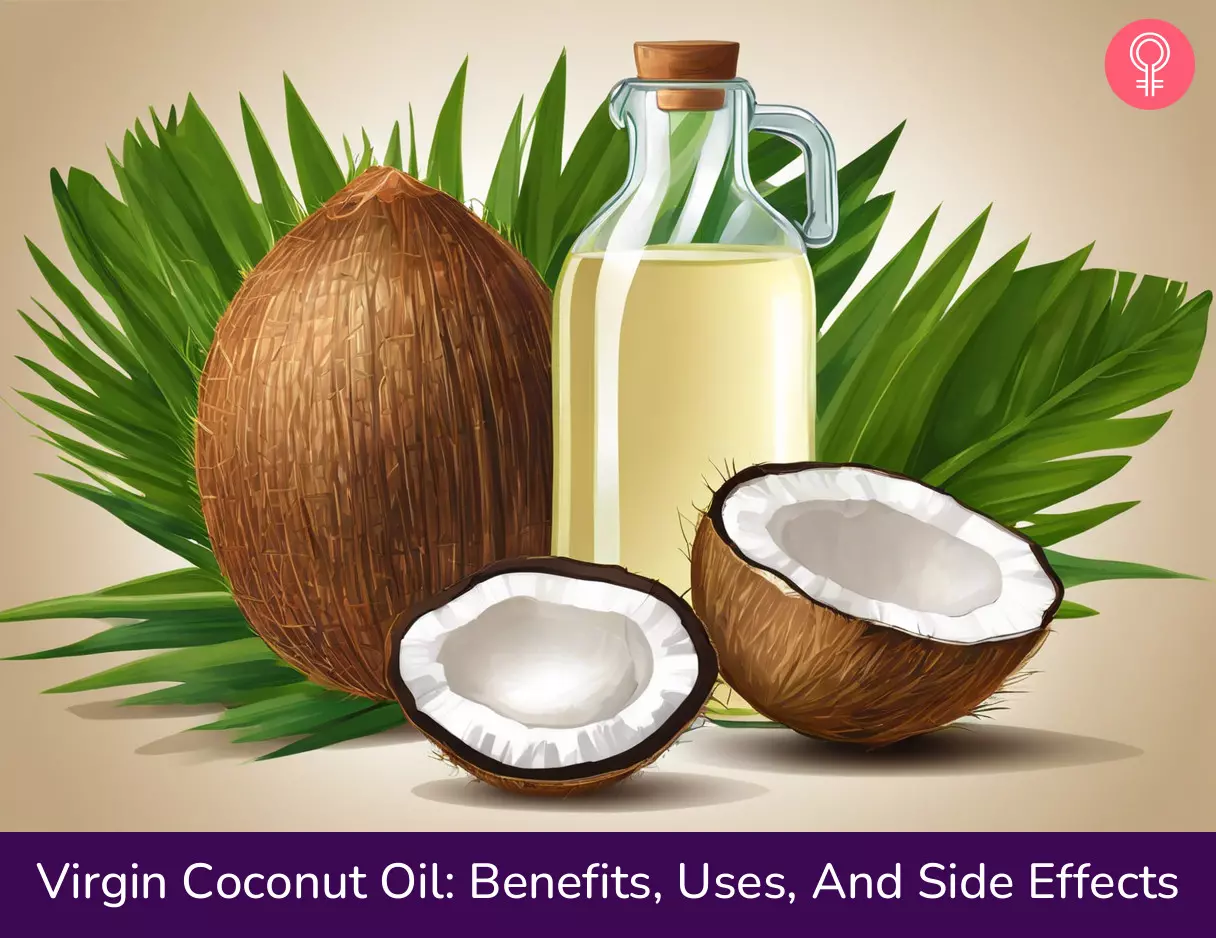
Image: Stable Diffusion/StyleCraze Design Team
Watch this easy-to-follow video on how to process cold-pressed virgin coconut oil. Now you can make your nourishing homemade coconut oil in the comfort of your home.
Personal Experience: Source
StyleCraze's articles are interwoven with authentic personal narratives that provide depth and resonance to our content. Below are the sources of the personal accounts referenced in this article.
i. I left coconut oil in my hair for 24 hours & this happened! *i can’t believe it!*https://www.youtube.com/watch?v=_JKbWuCsLbA
References
Articles on StyleCraze are backed by verified information from peer-reviewed and academic research papers, reputed organizations, research institutions, and medical associations to ensure accuracy and relevance. Read our editorial policy to learn more.
- “Coconut Oil” The Nutrition Source, Harvard T.H.Chan School of Public Health, Harvard University.
- “Effect of Virgin Coconut Oil (VCO) on Cardiometabolic…” ClinicalTrials.gov, US National Library of Medicine, National Institutes of Health.
- “A Comparative study of storage stability in virgin…” International Food Research Journal.
- “Anti-Inflammatory and Skin Barrier Repair Effects…” International Journal of Molecular Sciences, US National Library of Medicine, National Institutes of Health.
- “Effect of topical application of virgin coconut oil on…” Skin Pharmacology and Physiology, US National Library of Medicine, National Institutes of Health.
- “Coconut oil for weight loss: Does it work?” Weight Loss, Healthy Lifestyle, Mayo Clinic, Mayo Foundation for Medical Education and Research (MFMER).
- “Weight-loss diet that includes consumption of medium-chain…” Author manuscript, HHS Public Access, US National Library of Medicine, National Institutes of Health.
- “Effect of mineral oil, sunflower oil, and coconut oil on…” Journal of Cosmetic Science, US National Library of Science, National Institutes of Health.
- “Hair Cosmetics: An Overview” International Journal of Trichology, US National Library of Medicine, National Institutes of Health.
- “The Comparative Antimicrobial Effect of Activated Virgin…” Advances in Health Science Research, Atlantis Press, Academia.
- “Effect of coconut oil in plaque related gingivitis…” Nigerian Medical Journal, US National Library of Medicine, National Institutes of Health.
- “Balanitis” , National Center for Biotechnology Information.
- “In vitro antimicrobial properties of coconut oil on…” Journal of Medicinal Food, US National Library of Medicine, National Institutes of Health.
- “The effects of virgin coconut oil (VCO) as supplementation…” Lipids in Health and Disease, US National Library of Medicine, National Institutes of Health.
- “The lauric acid-activated signaling prompts apoptosis in cancer cells” Cell Death Discovery, US National Library of Medicine, National Institutes of Health.
- “Dodecanoic-Acid in Extra Virgin Coconut Oil, May Reduce…” International Journal of Science and Research, Academia.
- “Daily Consumption of Virgin Coconut Oil Increases High…” Evidence-based Complementary and Alternative Medicine, US National Library of Medicine, National Institutes of Health.
- “Coconut Oil: A Heart Healthy Fat?” IFAS Extension, University of Florida.
Read full bio of Ionut Ignat
Read full bio of Swathi Handoo
Read full bio of Ravi Teja Tadimalla
Read full bio of Himanshi Mahajan







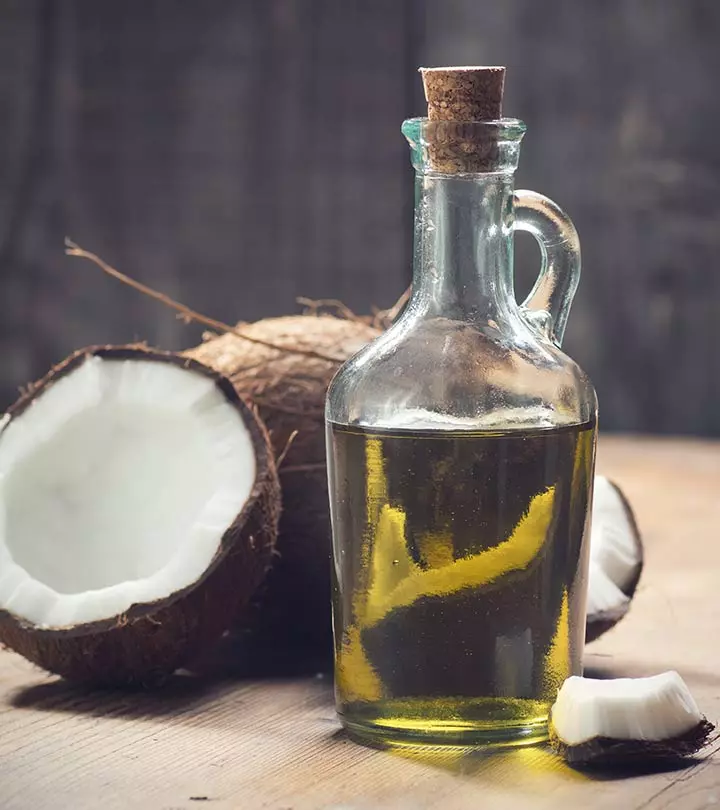
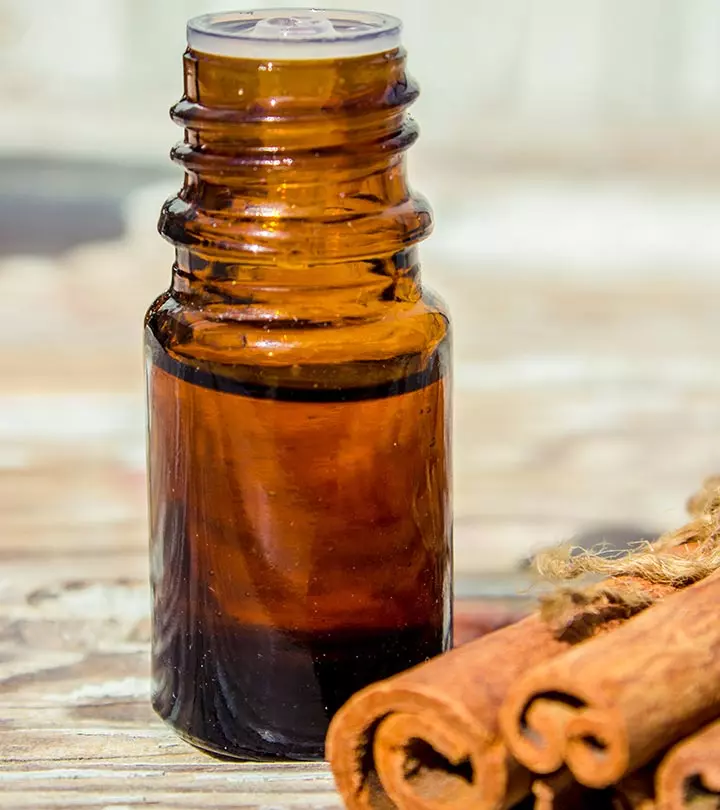

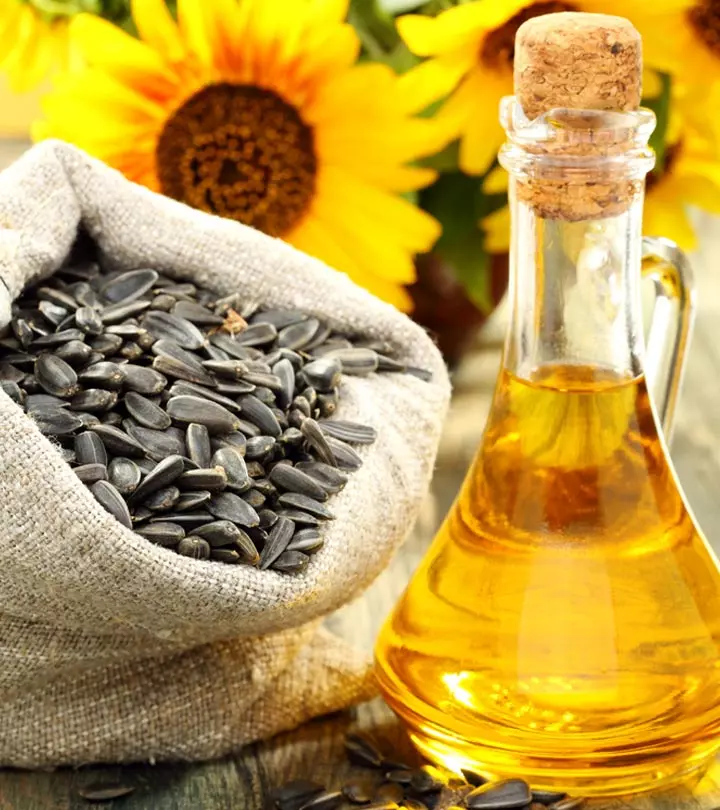
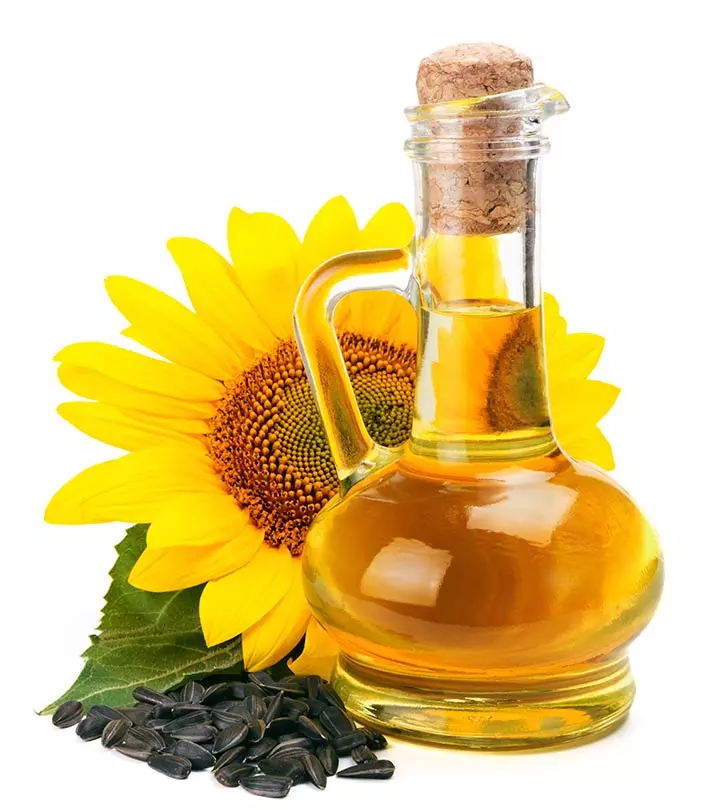
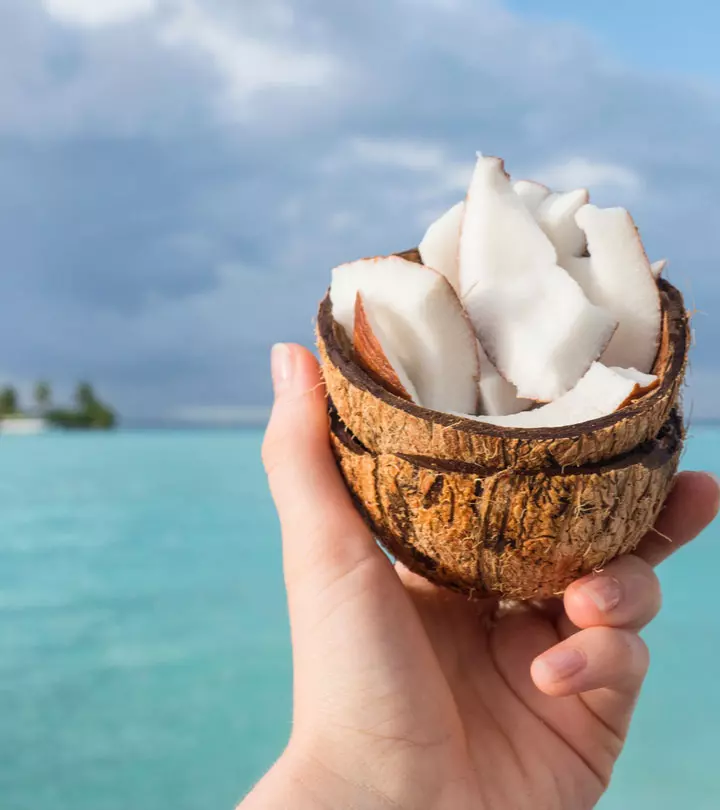

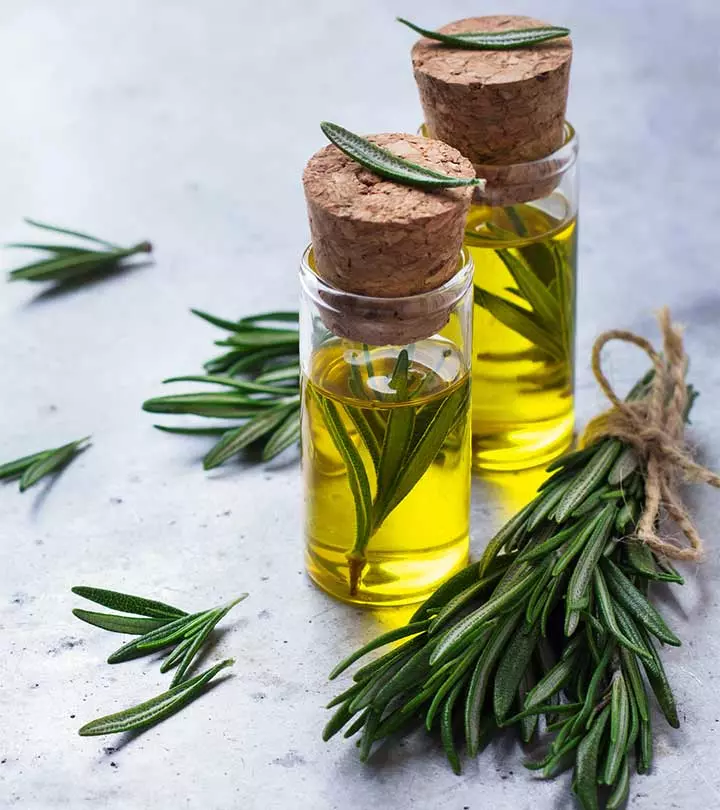
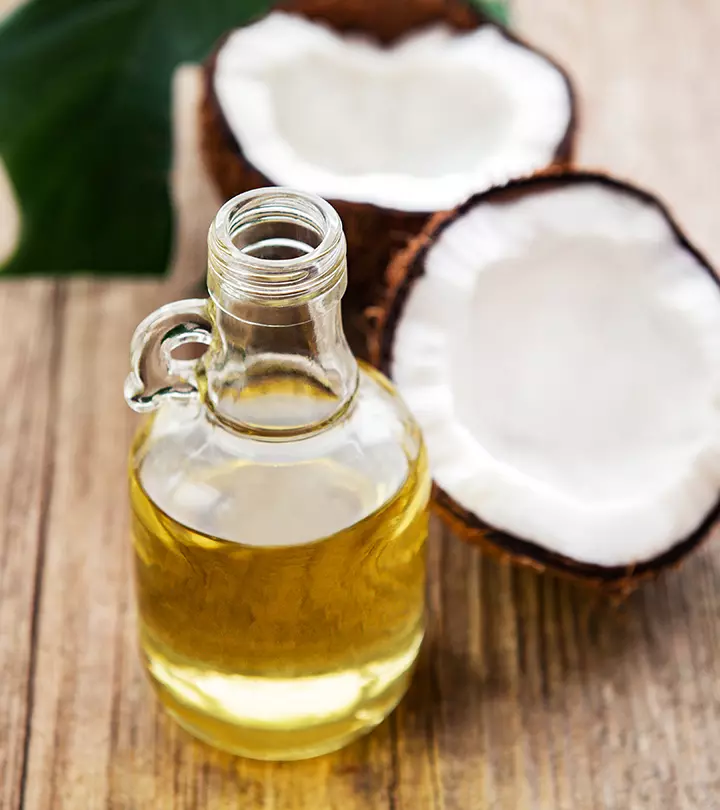
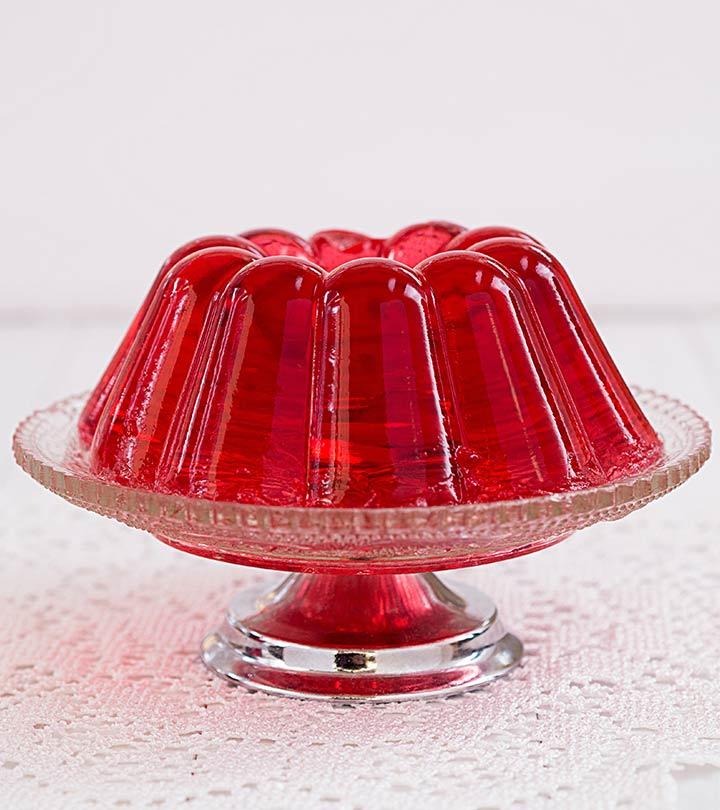
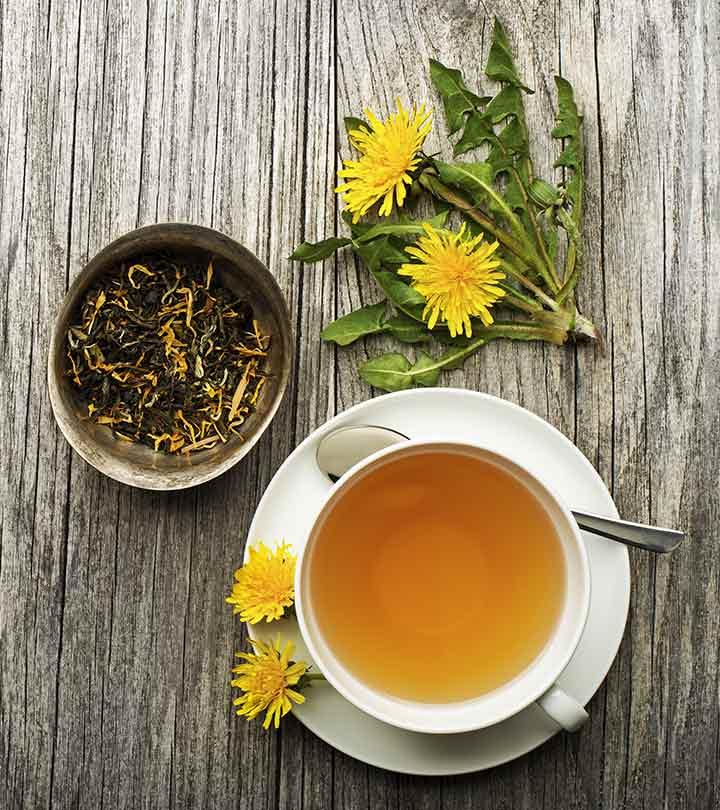
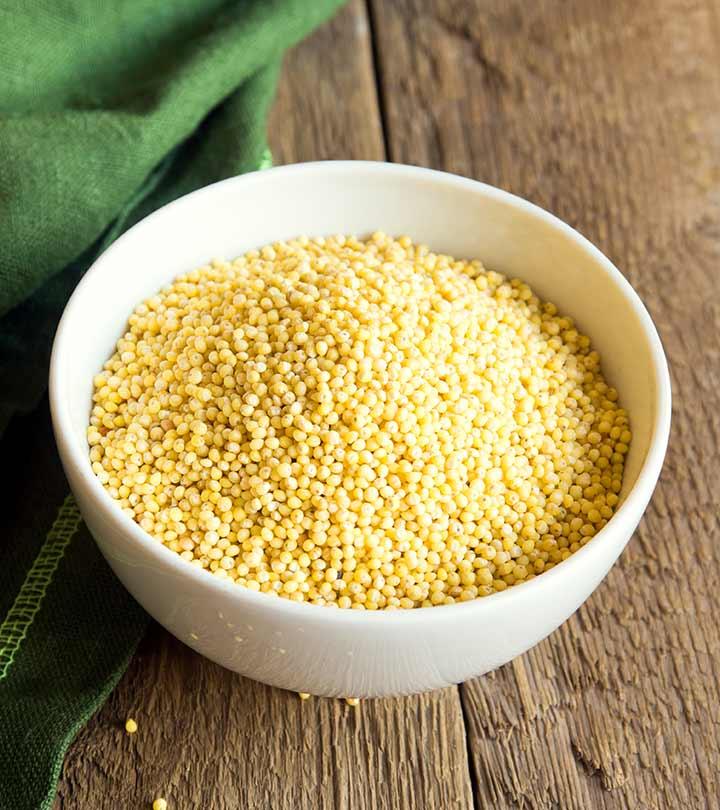
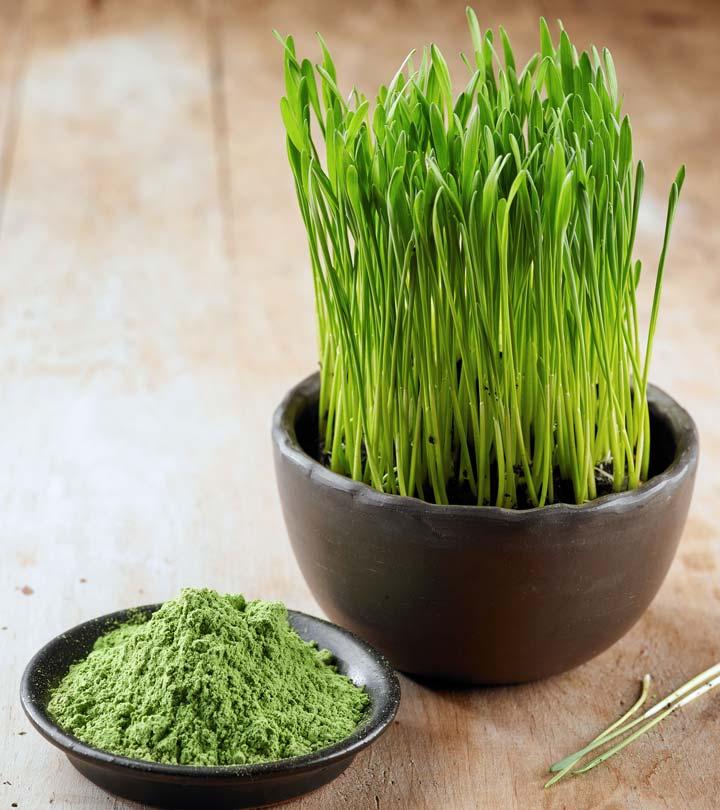
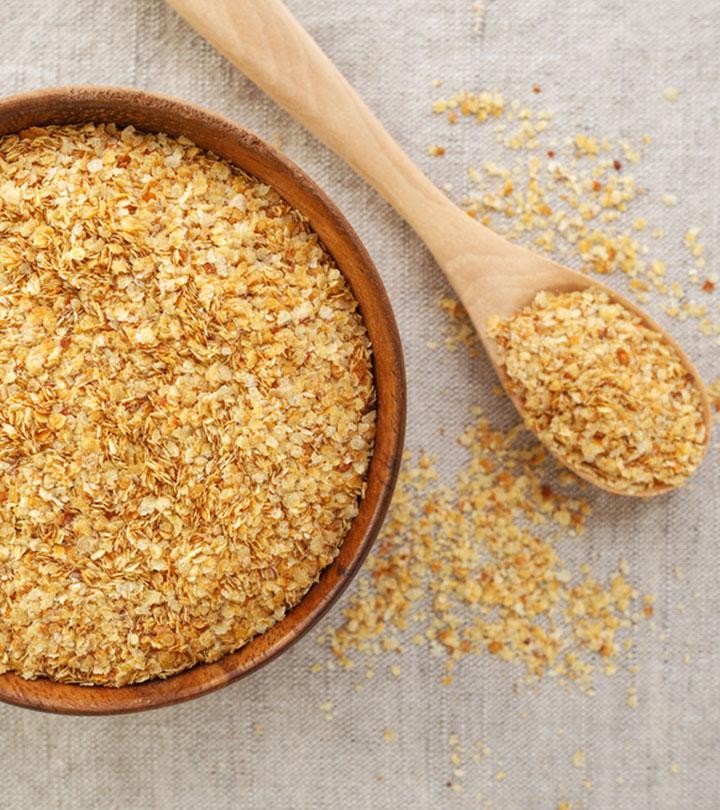
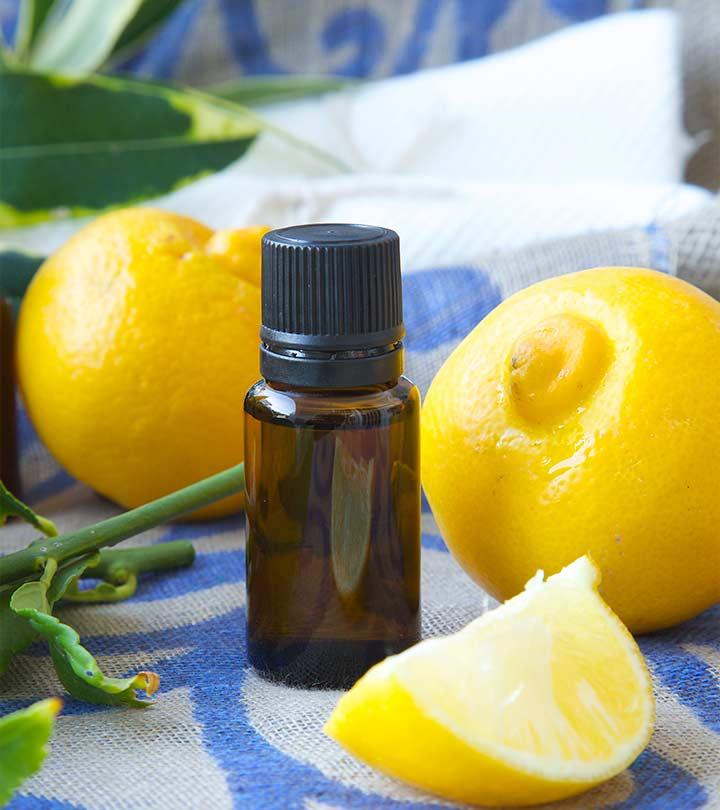

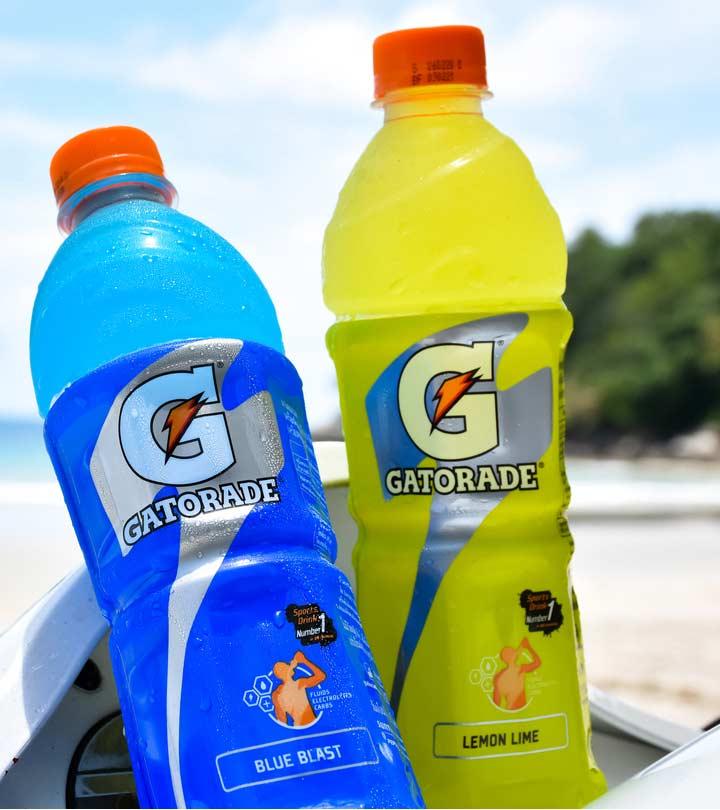
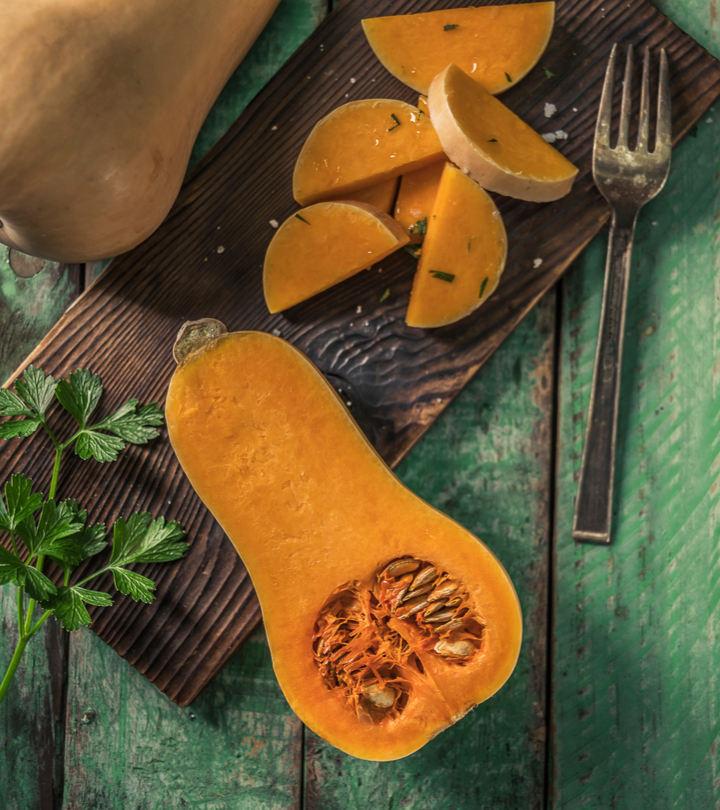
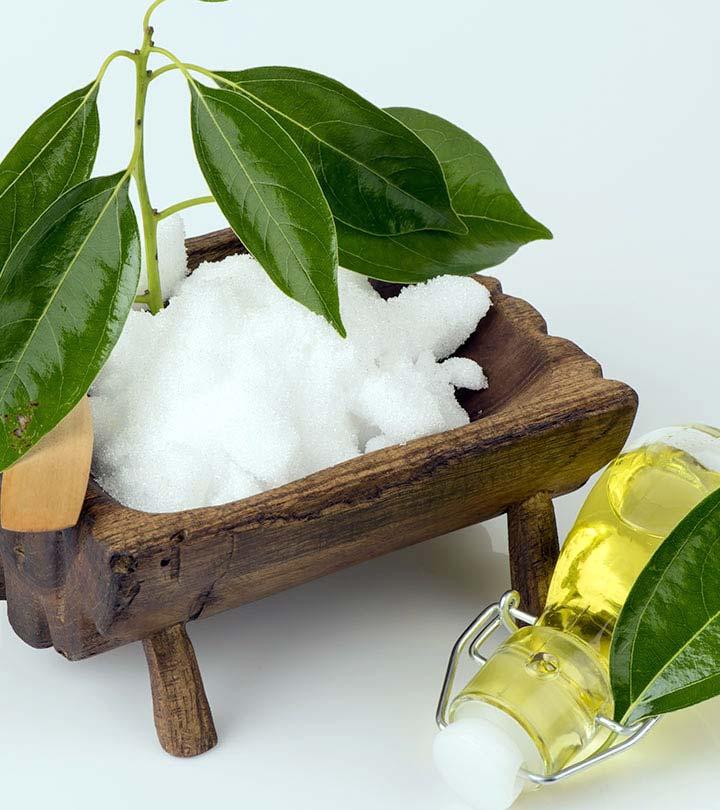
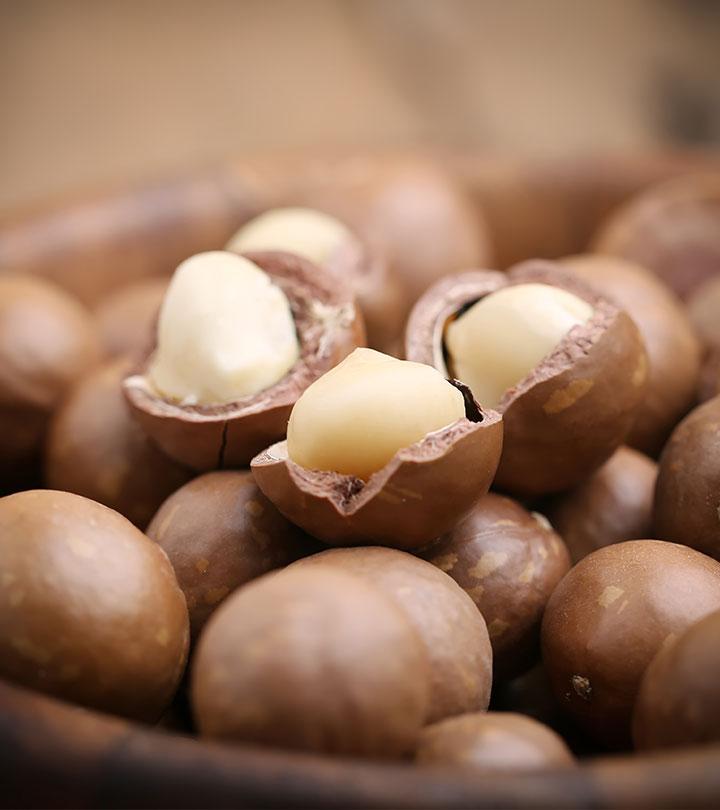
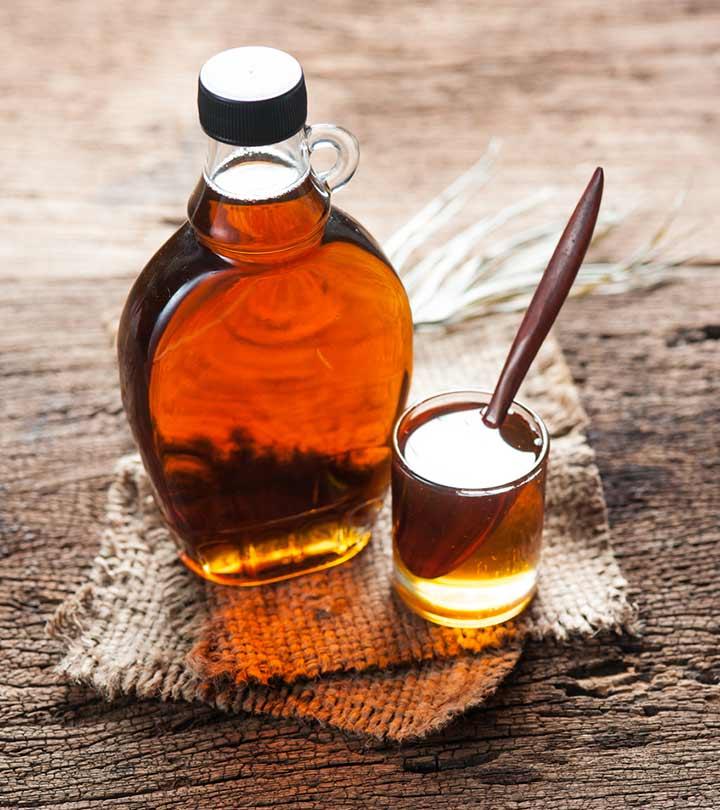
Community Experiences
Join the conversation and become a part of our empowering community! Share your stories, experiences, and insights to connect with other beauty, lifestyle, and health enthusiasts.